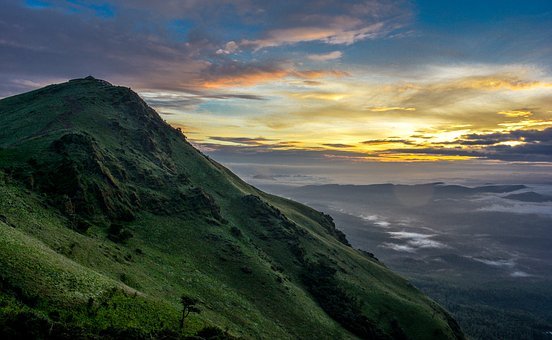Nisha Ghosal
A plea has been filed in the Supreme Court challenging the 2018 draft notification of the Ministry of Environment, Forest, and Climate Change demarcating 56,825 sq. km region widen over six states as the ‘Western Ghats Ecologically Sensitive Area’.
The plea was moved to the court by an NGO Karshaka Shabdam through Advocate Suvidutt MS.
The petition sought to not apply the Madhab Gadgil and K. Kasturirangan Committees reports on the protection of the Western Ghats and the boundary of no-go zones.
The draft notification to declare “123 agricultural villages in Kerala as ecologically sensitive area (ESA) villages and the recommendations based on Kasturirangan report (and earlier Gadgil report) on land use, farming practices, animal husbandry, forestry, industries, infrastructure development, power generation, transport, tourism, etc, would convert the semi-urban villages in the region into forests with no facilities and roads” the petition said.
The Kerala-based NGO also asked that the draft notification must be announced unconstitutional because it infringes on the right to life and livelihood of the farmers under Article 21 of the Constitution of India.
As per the plea the centre improperly marked the villages of the Western Ghats which will especially affect the livelihood and profession of the farmers of Kerala.
“Twenty-two lakh are in the 123 villages of Kerala alone with a population density of 800 individuals/sq km, and the remaining 28 lakh are in 4,033 villages of remaining five States,” the petition said.
The petition also stated that by the draft notification, out of 50 lakh people suffering from six states, 22 lakh would solely belong to Kerala and they are the main character behind the cultivation of coffee, rubber black pepper, etc.
“It is absolutely necessary to treat them with a different measuring rod,” Karshaka Shabdam argued.
As per the draft notification, the western ghats extend over six states, Gujarat, Maharashtra, Goa, Karnataka, Kerala, and Tamil Nadu (the world’s most important biodiversity hotspot).

